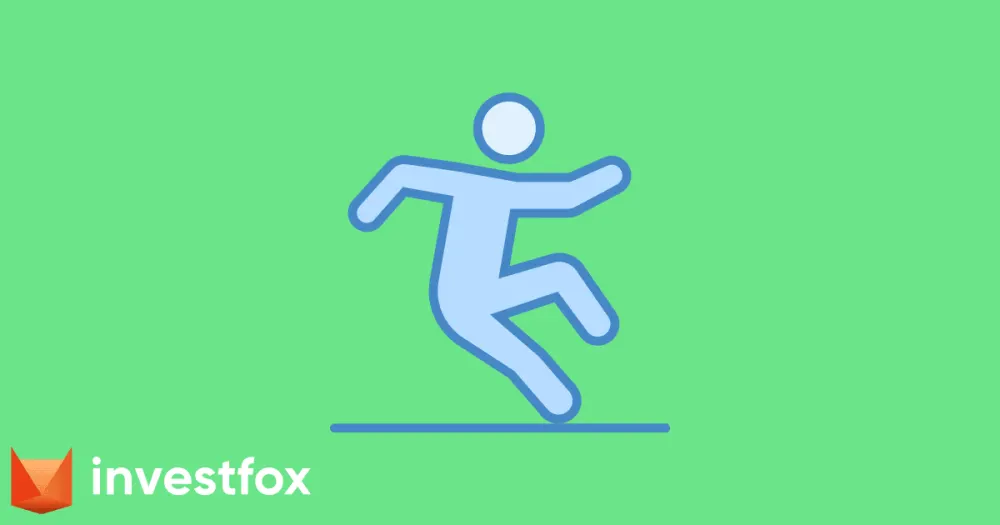Our partner, XM, lets you access a free demo account to apply your knowledge.
No hidden costs, no tricks.

In Forex and financial markets in general, slippage refers to the difference between the expected price of a trade and the actual price at which the trade order is executed. Slippage can occur at any time but usually, it happens during high market volatility times, low liquidity, or delays in order execution.
Getting a worse entry or exit can be extremely frustrating especially for beginner FX traders and we are going to delve deep into the issues and solutions of slippage below. We will also offer some useful tips about countering the impact of slippage.
Understanding the full list of factors that can lead to higher slippages can greatly assist traders in minimizing its impact and making informed decisions.
The first and most important factor directly causing large slippages is market volatility. During important macroeconomic news and geopolitical events, markets become more volatile. Price tends to move up and down very quickly in a short time causing havoc in traders’ positions. Increased volatility also means it is much harder to get the exact price you were expecting when opening a trade.
Another important factor that can lead to larger slippages is the order size. Traders who trade with large volumes can affect prices and it is difficult for their orders to get filled. Large orders are not easy to fill right away and it sometimes takes time which naturally leads to higher slippages. This is why traders should always take into account slippage and adjust their position sizing accordingly. Institutional traders usually divide their positions by entering markets slowly, avoiding higher slippage and reducing their impact on the price.
The next factor leading to slippages in the FX market is straightforward. When liquidity is low, it is difficult to find a counterpart for your trading order. This is why it is more expensive to trade exotic pairs and rare assets than major pairs with high liquidity.
Selecting a reliable broker can be very essential because order execution speed can increase slippage. If your broker has lower execution speeds, then you will usually get a worse price than you intended. This can affect profitability if the trading strategy you are employing is a scalping strategy. Scalping refers to extremely short-term trades, usually on 1-minute and 5-minute timeframes.
So, you have got a trading signal and decided to open a trading order in the direction of the price at the current price. However, the price at which the trade was opened differs from the price you expected. This is slippage in action. Slippage is an especially important aspect during a high-volatility market environment and can seriously damage the possible outcome of a trade.
Understanding the ways to counter slippage can be a determining factor in a trader’s profitability.
The first and easier way is to not trade during high-impact news events. Fundamental indicators such as employment rates, interest rates, and GDP growth can shake FX markets and widen both spreads and slippage. Nonfarm Payrolls is probably the most impactful news in Forex and it usually comes with larger slippage and spreads. Avoiding trade during these news events will reduce the risks of getting caught in larger slippages.
Avoiding trading during late-night sessions when liquidity is reduced is another way to counter slippage impacting your profitability. Friday is the last day of the trading week and higher slippage and low liquidity are usually happening. Late Friday is the time you do not want to trade as liquidity becomes reduced greatly, and the price tends to move in an extremely tight channel, increasing the risk of getting whipsawed.
Our partner, XM, lets you access a free demo account to apply your knowledge.
No hidden costs, no tricks.